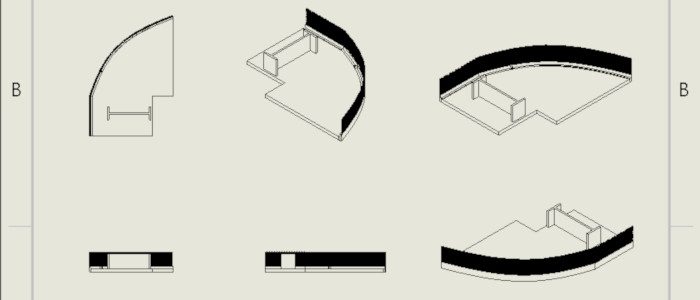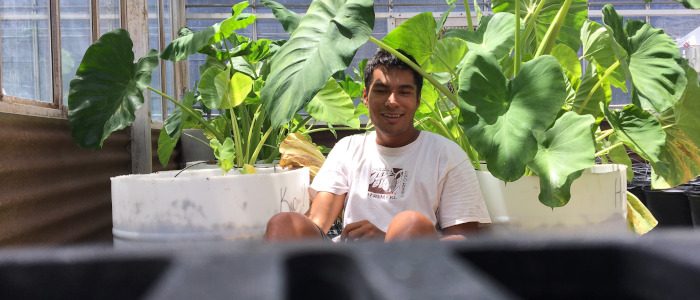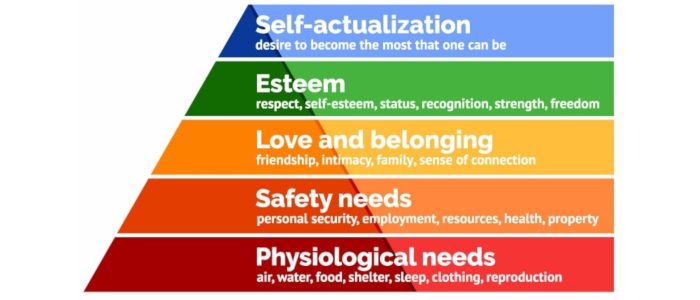Written by Alberto Carlos Ibarra
Summer 2018
In the summer, my project consisted of researching and developing a rooftop garden that intersects urban agriculture practices with technological systems (and other engineering/design aspects). The La Loma Rooftop Garden will increase accessibility and production of healthy foods, while providing a place for meditation and yoga. This summer, I worked behind the scenes, learning about engineering systems for rooftop food production. I will start doing more construction within the next couple weeks with the Hispanic Engineers and Scientists (HES) team. The objectives for the Fall 2018 are to educate and provide HES active members with research and hands-on experiences in team-oriented projects.




